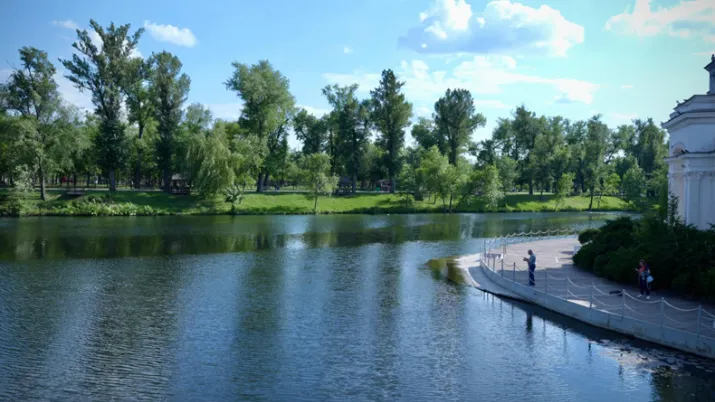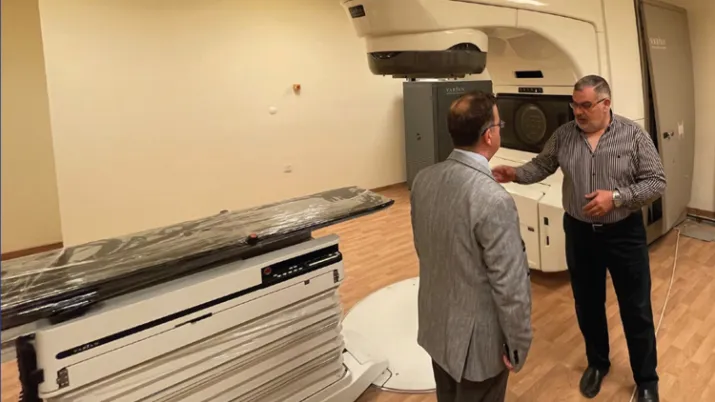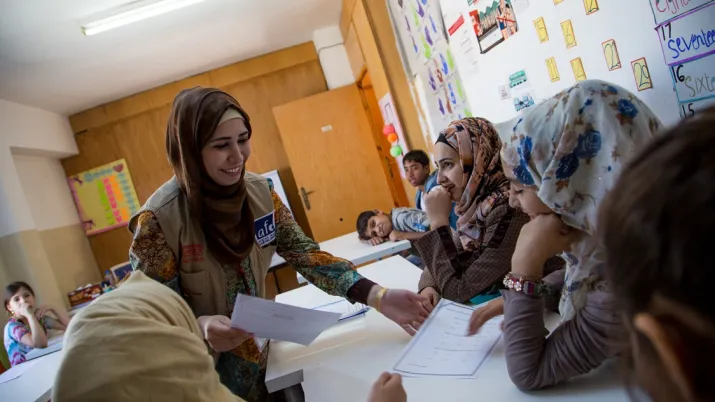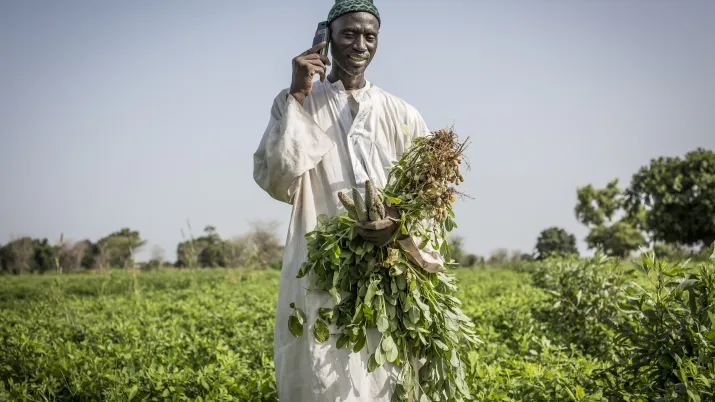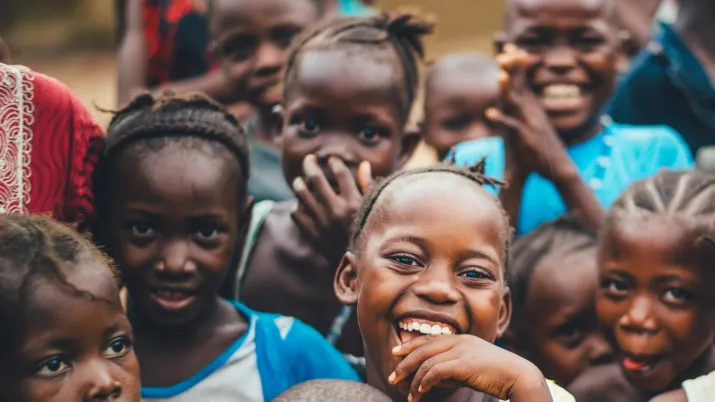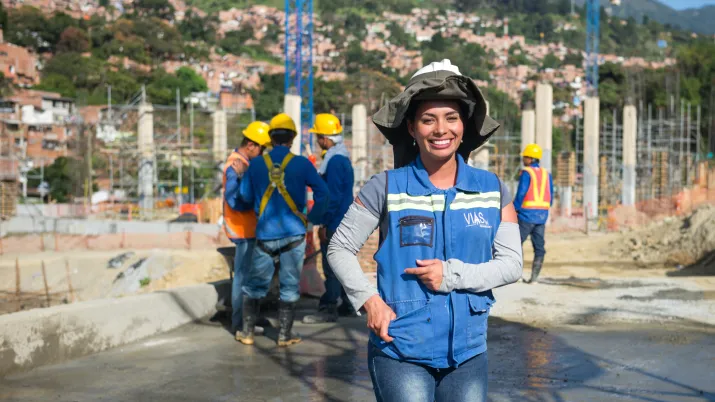Share the page
Minka: an instrument for peace and resilience
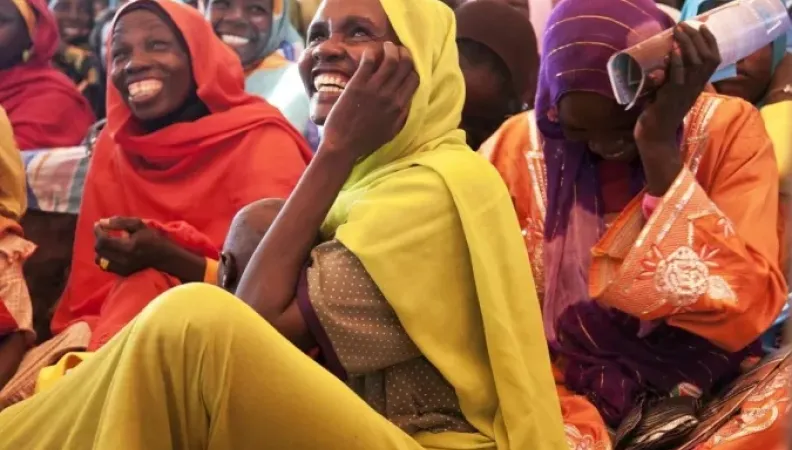
The Minka Peace and Resilience instrument supports peace building efforts in fragile contexts and in areas affected by crisis or conflict. It finances projects across four regions: the Sahel, the Lake Chad area, the Central African Republic and the Middle East.
Objectives
Take action before, during and after to:
- Prevent crises and violent conflicts
- Respond to the needs of the most vulnerable and strengthen the resilience of local actors
- Support crisis recovery
Am I eligible?
In one of the four eligible crisis areas (Sahel, Lake Chad area, Central African Republic and the Middle East), you are leading an inclusive project to promote peace and resilience. Your program aims to:
- restore trust between social groups, communities, and between governing authorities and citizens,
- Reduce gender inequality through the prevention of gender-based violence, protection of women's rights, and promotion of their participation in public life and peace processes,
- Reduce tensions over access to natural resources and/or ensure equitable recourse to security and justice.
You represent:
- A State
- An NGO (international, French, local)
- An international organization
- A multi-donor fund
- A research institute
You are:
- An Expertise France agent
- A private sector actor
Find out about our solutions tailored to your needs
Benefits
- An intervention methodology geared to specific situations,
- A rapid and structural response capability to rebuild confidence among social groups,
- Finances development projects for the most vulnerable population groups, with the specific objective of conflict prevention.
20% of the grants allocated by AFD each year
Minka accounts for about 20% of the grants allocated by AFD each year. This amounts to €200 million annually to support the prevention of violent conflicts and crisis recovery.
Type: Grant
Initiative dedicated to each crisis area: Sahel, Lake Chad area, Central African Republic and the Middle East
Operating procedures
- Systematic context analysis and understanding of conflict dynamics
- Support for humanitarian-development-peace coordination
- Strengthening of social cohesion
- Strengthening of local structures and national policies
- Consideration of gender issues
- Appropriate monitoring-evaluation mechanism
- Development of partnership-based approaches

